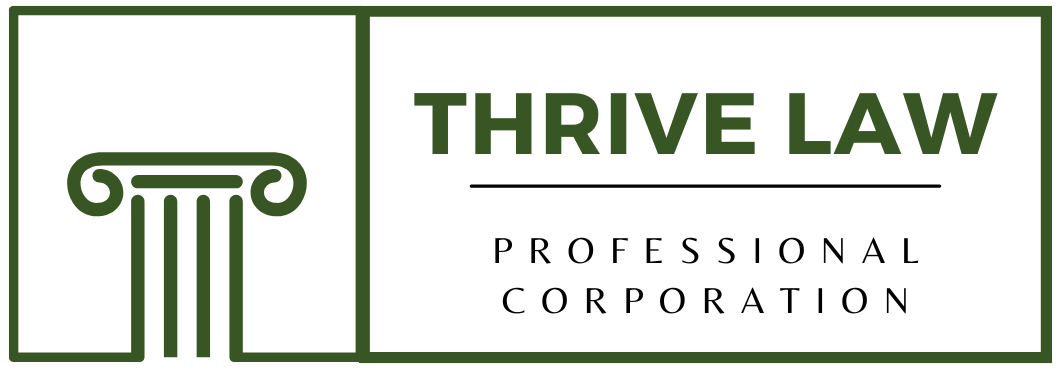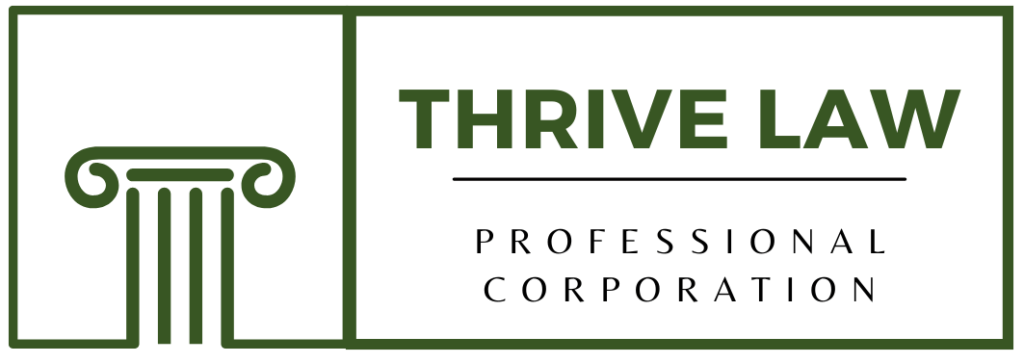
Saad Mirza
Hi! beautiful people. I`m an authtor of this blog. Read our post – stay with us

Saad Mirza
March 30, 2025
How Human Rights Impact Workplace Policies
Human rights play a pivotal role in shaping workplace policies, ensuring that every employee is treated with dignity, fairness, and respect.
In Canada, these rights are enshrined in laws such as the Canadian Human Rights Act and provincial human rights codes, which provide a framework for fostering equitable workplaces. For both employers and employees, understanding these rights is essential—not only to comply with legal obligations but also to create a positive and inclusive work environment.
What Are Workplace Human Rights?
Workplace human rights refer to the fundamental principles of equality, non-discrimination, and fair treatment that govern employment relationships. These principles prohibit discrimination based on race, gender, disability, religion, age, or other protected grounds.
Key Canadian laws, including the Canadian Human Rights Act and provincial human rights codes, ensure that employees have equal opportunities and are protected from unfair treatment. At their core, workplace human rights aim to create environments where everyone can thrive without fear of bias or harassment.
Key Human Rights That Affect Workplace Policies
1. Non-Discrimination and Equal Opportunity
Employers are legally obligated to provide a workplace free from discrimination. This includes hiring practices, promotions, and day-to-day interactions.
For example, refusing to hire someone based on their race or gender is a violation of human rights laws and can lead to significant legal consequences. Employers must actively promote diversity and inclusion to ensure equal opportunities for all employees.
2. Harassment-Free Work Environment
Workplace harassment—whether verbal, physical, or psychological—undermines employee well-being and violates human rights laws. Employers must implement robust policies to prevent harassment and address complaints effectively.
For instance, under Ontario’s Occupational Health and Safety Act, employers are required to investigate harassment complaints thoroughly and take corrective action when necessary.
3. Accommodation in the Workplace
The duty to accommodate ensures that employees with disabilities, religious practices, or family obligations can participate fully in the workplace. This could involve modifying workspaces for accessibility or adjusting schedules for religious observances.
Employers must balance accommodation requests with the concept of “undue hardship,” which considers factors like cost and operational impact.
4. Privacy and Freedom of Expression
Employees have a right to privacy regarding personal data, emails, and communications unless explicitly stated otherwise by workplace policies. Similarly, while freedom of expression is protected under the Canadian Charter of Rights and Freedoms, it is not absolute in the workplace; employers can restrict speech that disrupts operations or creates a hostile
environment.
How Employers Can Ensure Compliance
To align workplace policies with human rights laws:
• Develop Comprehensive Policies: Draft clear policies addressing discrimination, harassment, accommodation, privacy, and other key areas.
• Training Programs: Provide regular training for employees and management on human rights issues.
• Reporting Mechanisms: Establish confidential channels for employees to report violations without fear of retaliation.
• Regular Reviews: Periodically review policies to ensure they remain compliant with evolving legal standards.
Legal Consequences of Non-Compliance
Failure to uphold human rights in the workplace can result in severe penalties:
• Lawsuits: Employees may file complaints with human rights tribunals or pursue legal action.
• Financial Penalties: Businesses found guilty of violating human rights laws may face fines or be required to pay damages.
• Reputational Damage: Non-compliance can harm an organization’s reputation and employee morale.
For example, cases involving workplace harassment have led to significant financial settlements and mandatory policy revisions for employers.
Human rights are not just legal obligations—they are foundational principles that shape respectful and productive workplaces. Employers must proactively review their policies to ensure compliance with Canadian human rights laws.

Author: Saad Mirza
I’m Saad Mirza, the founder of Thrive Law, a employment law firm dedicated to helping employees across Ontario navigate challenging job terminations and workplace issues.

